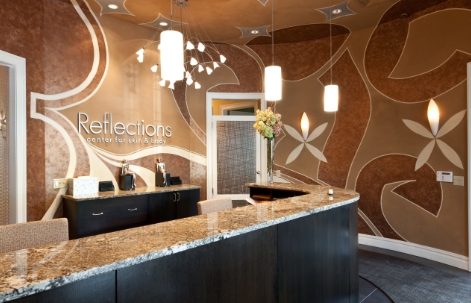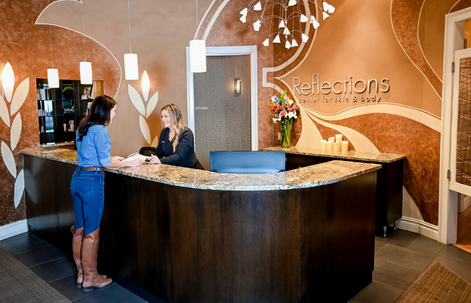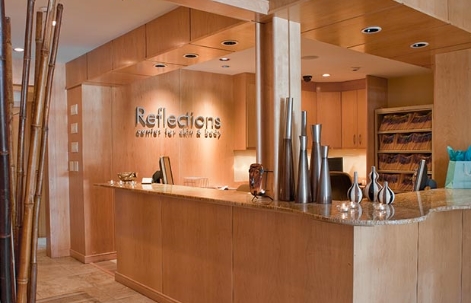The Heat Group, and Australia-based cosmetics distributor, polled almost 500 female employees. Thirty percent of women admitted to being victim of discrimination, citing a common concern: attractive people get ahead in business. The survey also reported that 40% of women know someone who has been promoted based on their physical attractiveness instead of their job performance or tenure.
A University of California study from a few years ago found that attractive employees earn more than their less attractive counterparts. Beautiful women are perceived as more cooperative and helpful than their peers, as well as less selfish. The study found that this was the cause for the disparity and held true across different industries and societies.
Dr. Gordon Patzer, author of the book Looks: Why They Matter More Than You Ever Imagined, cites research indicating that cuter babies get held more affectionately and that teachers set higher expectations for more attractive students. Such favoritism is something that we are introduced to at birth and is socially commonplace in the workplace and elsewhere.
“There is a heightened awareness today of cosmetic surgery which didn’t exist 20 years ago or even five years ago,” Gillian Franklin, the managing director of Heat, tells the Sydney Morning Herald. “The general community is much more accepting of cosmetic surgery today and it’s more affordable now.”
Oftentimes the payoffs of plastic surgery are not the superficial results, but the confidence boost that comes along afterwards. If someone feels comfortable with their appearance, they will project their confidence in the work place and during interviews. That boldness will also play a part during salary reviews and negotiations.
Plastic surgery is also growing in popularity among men, with many males citing competition in the workplace as a reason for anti-aging treatments like Botox injections. The recession has also caused employees and jobseekers alike to take additional steps toward ensuring employment.







